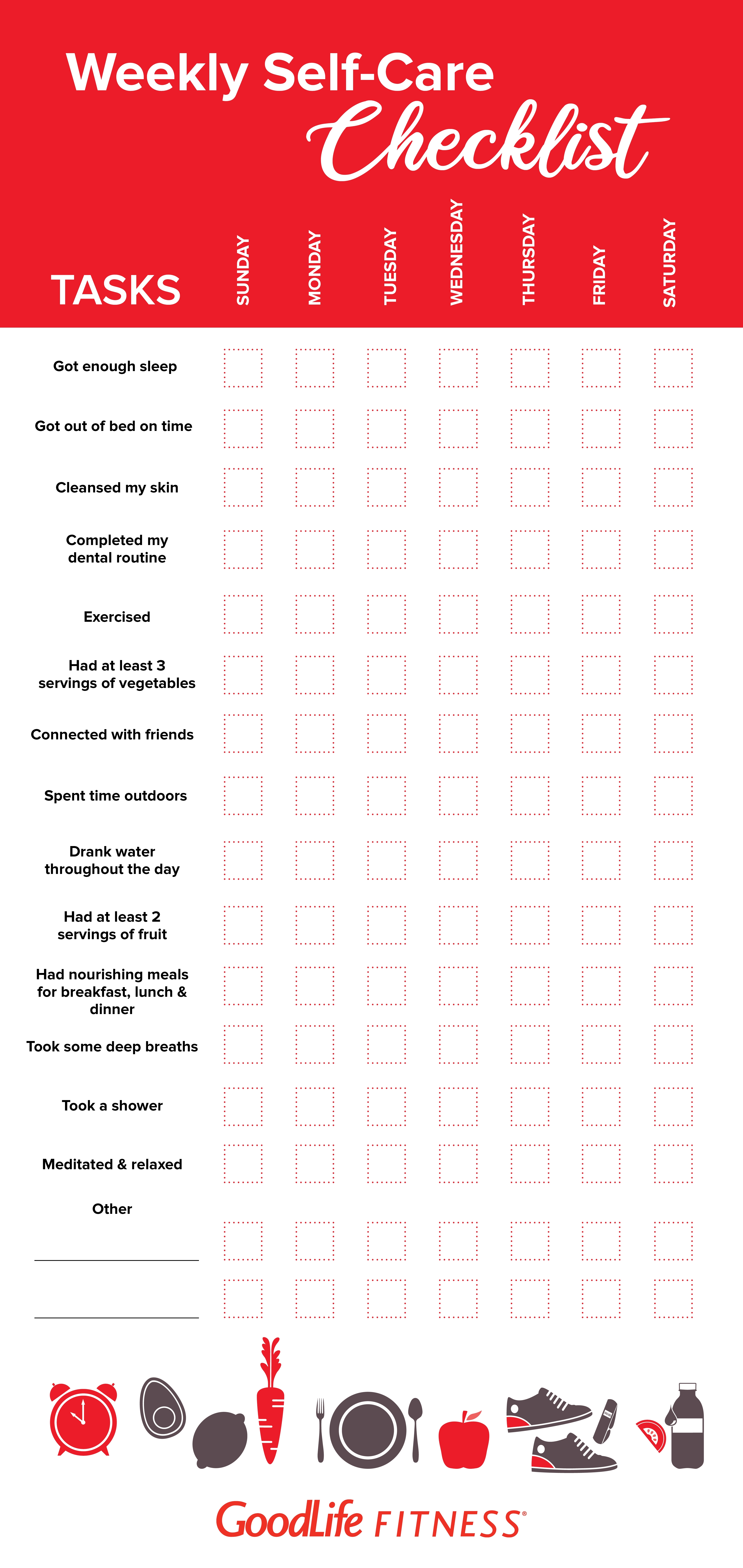We live in a time where social media is a continuous feed of beautifully curated events and activities, and the FOMO (fear of missing out) is real. We’ve pressured ourselves into thinking that we need to have our schedules full, our bodies exhausted and our minds always racing to be successful and productive.
While being busy might make us feel fulfilled and important, the flipside isn’t as rewarding. Burnout, anxiety and sleep disruption are all possible when you’re not stopping to smell the roses.
Self-care involves identifying your own needs and taking steps to meet them. It also means taking the time to do the activities that nurture you and treating yourself as kindly as you treat others. Most of us don’t take the time for ourselves, and as a result, our emotional, physical and mental reserves get depleted.
Here are some examples of activities you could do to keep yourself feeling emotionally, physically and mentally fresh.
Physical self-care
- Exercise: Whether it be attending your favorite fitness class, going for a walk, or dancing around in your kitchen, physical activity is great for the body, mind and soul.
- Sleep in: Sleep deprivation can lead to an increased risk of heart attack, stroke, diabetes and obesity—so make sure you allow yourself some extra shut-eye regularly.
- Hydrate: About 60 percent of our body is made up of water, which we lose through sweat and bodily waste. Keeping a reusable water bottle close by and drinking water throughout the day can help combat the effects of dehydration.
- Breathe: Deep breathing for a few minutes at a time promotes better blood flow, reduces stress and increases energy.
Mental self-care
- Keep a journal: Being able to write out your thoughts and feelings can keep you mentally alert. It also allows you to do a mental purge to help declutter your brain.
- Limit your screen-time: Whether it be on the phone, computer or TV, limiting your time on devices will help you mentally recharge.
- Listen to music: Not only is this a great mental break, but music can have a profound positive effect on us emotionally, too.
Emotional self-care
- Spend quality time with friends: Enjoying time with the people who are close to you is a great way to relax in a supportive environment and de-stress.
- Laugh: Laughter is truly the best medicine, as it can reduce stress hormones, boost your immune system and improve your mood.
- Get outside: A 2010 study in Environmental Health and Preventative Medicine found that spending time in nature leads to lower levels of the stress hormone cortisol, lowers blood pressure and lowers your pulse rate.
Remember, self-care is not a reward it’s a process. Making time to destress is a necessity and isn’t difficult to do—your body, mind and soul will be happy that you did!
If you want to incorporate a little more self-care into your routine, save this checklist to help keep you on track.

